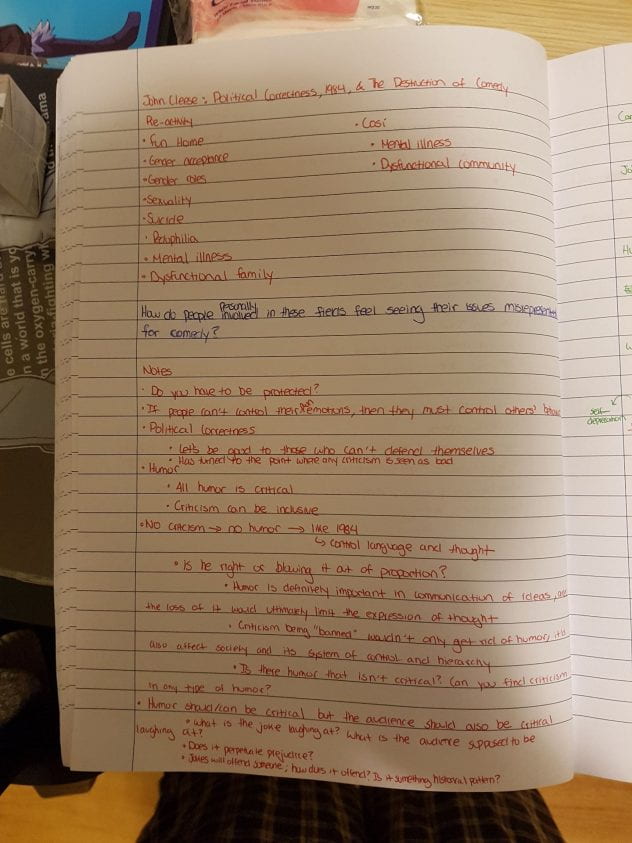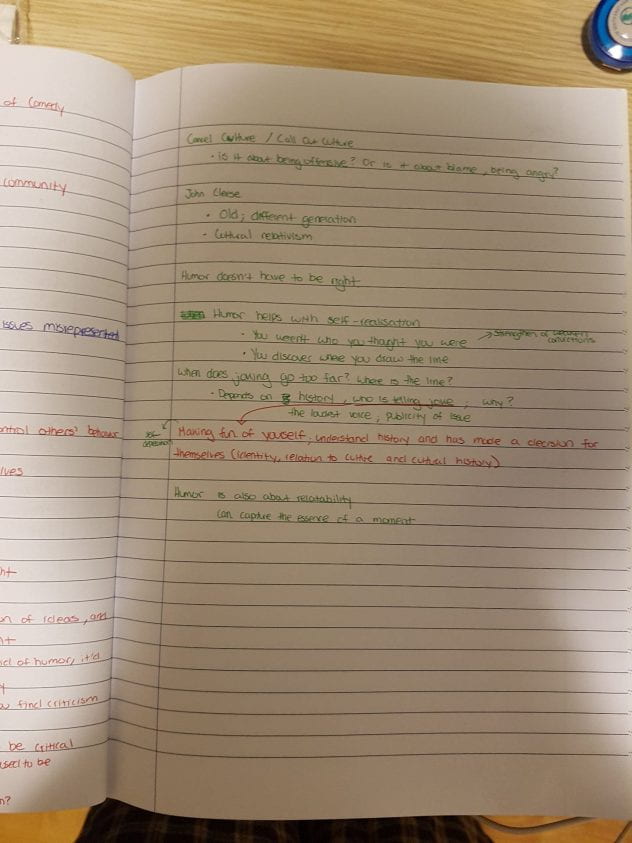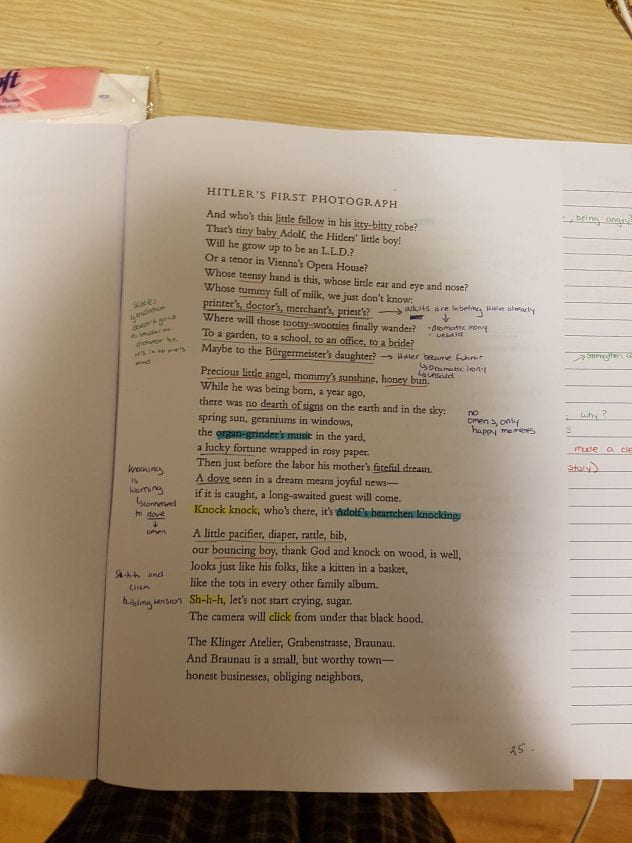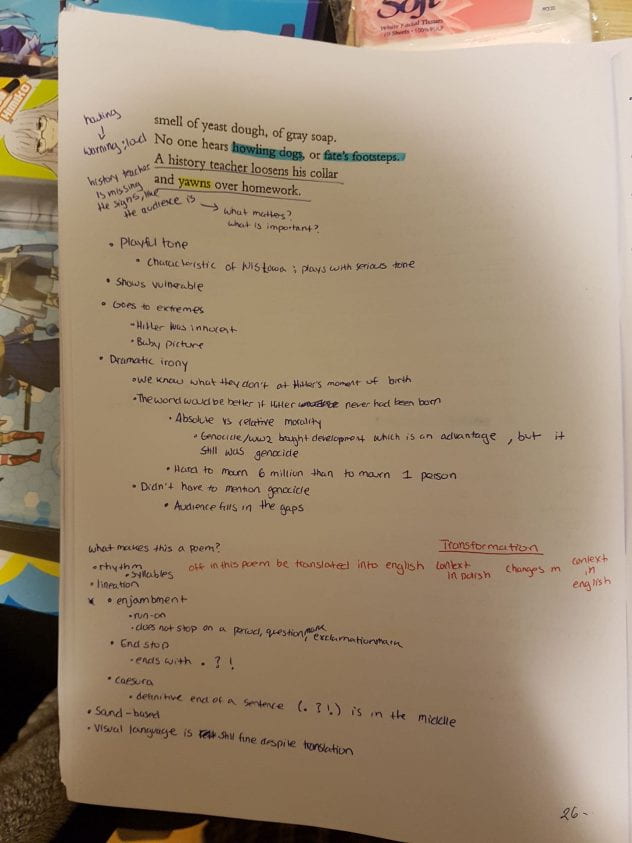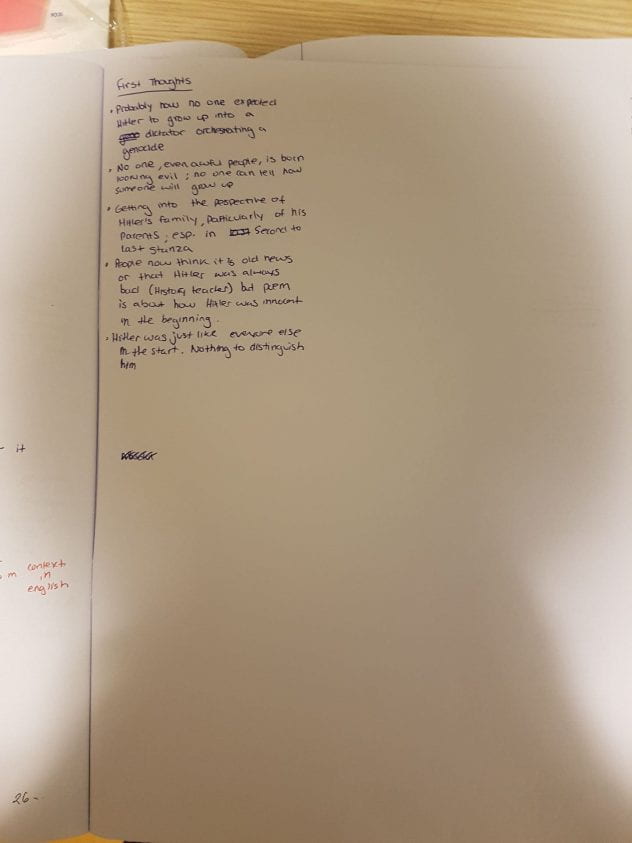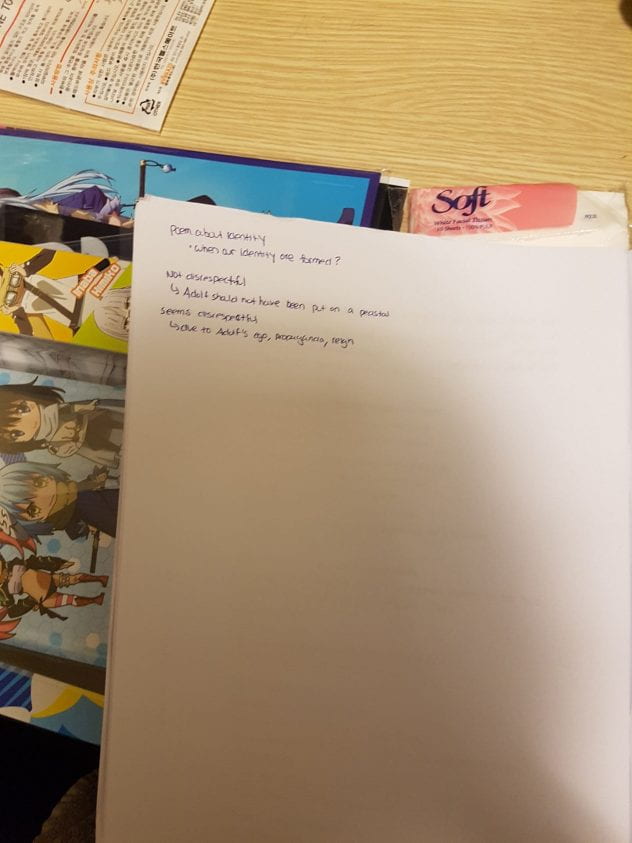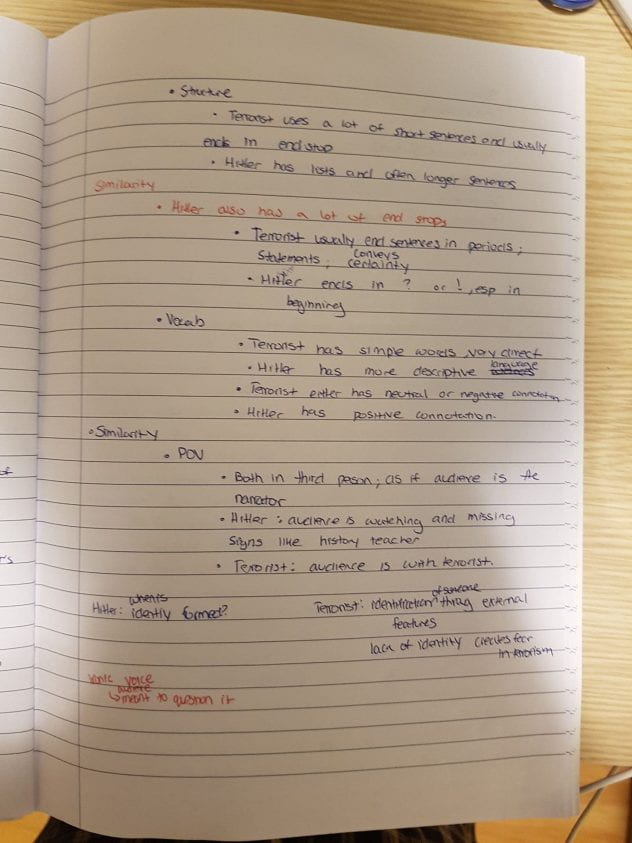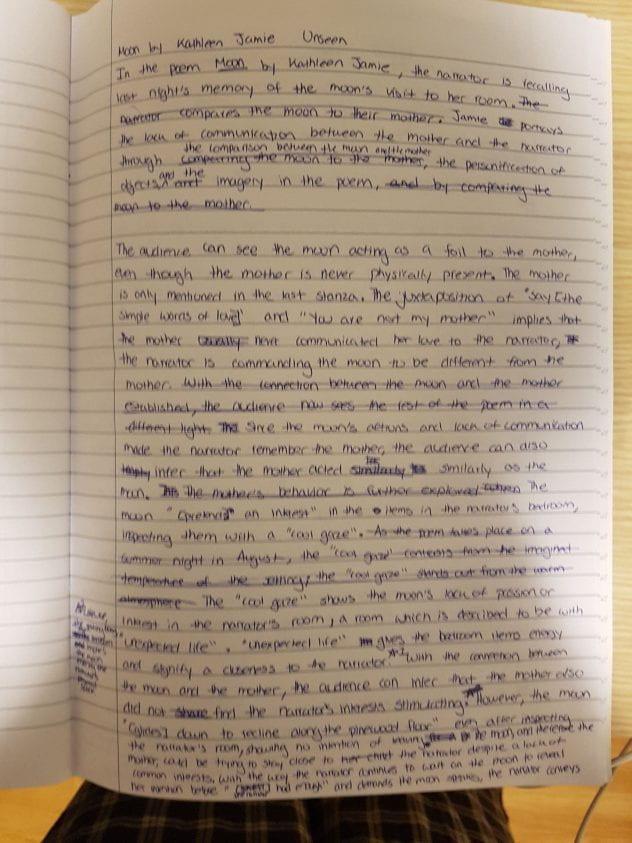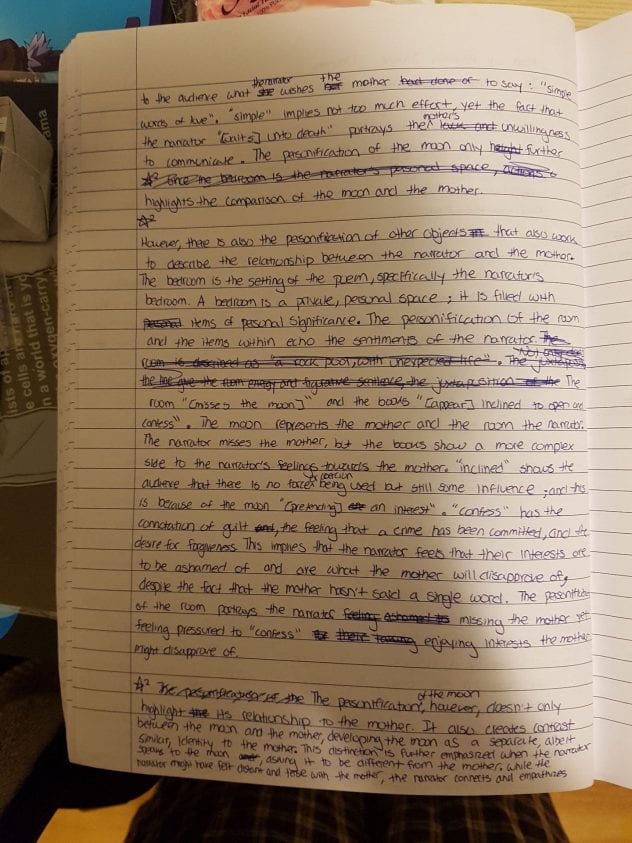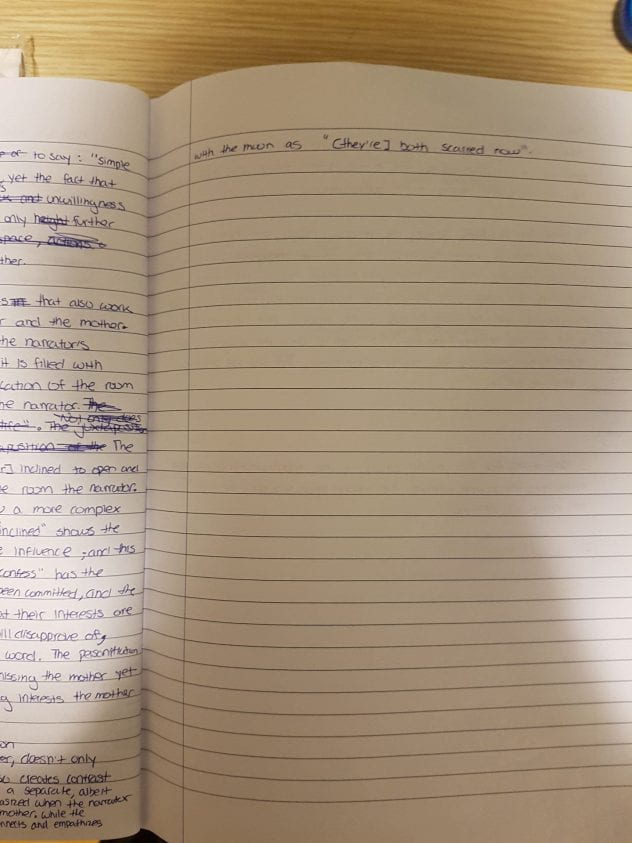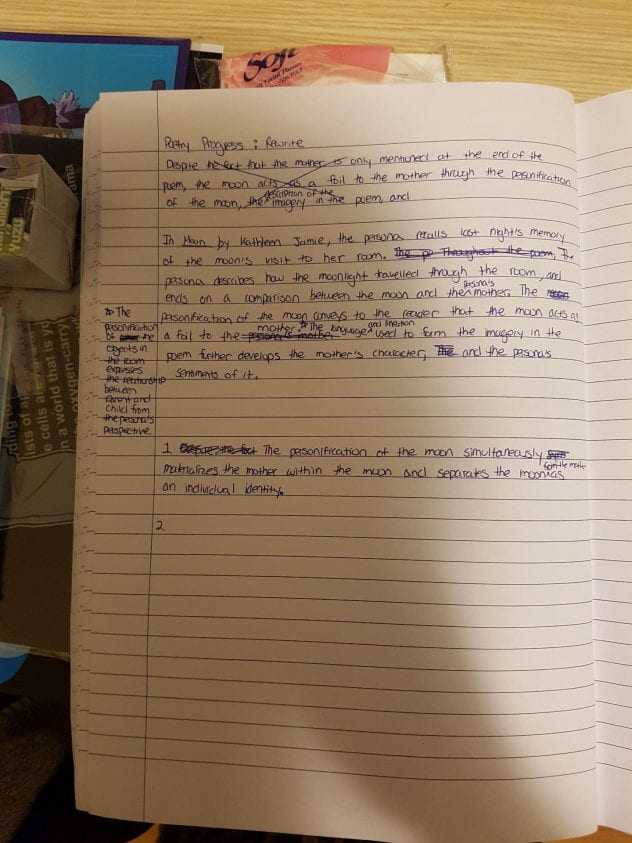It’s impossible for a joke to be completely inoffensive, and it’s impossible to cater a joke to match everyone’s sense of humor. I think the most important to think of 1) why does it offend particular people? 2) is offending them your goal?/do you not mind offending them? and 3) what is the aim of the joke?/what is the joke laughing at? Comedy is a lot about finding your stance and solidifying it; it’s one of the ways in which people find the group they fit in with, and in a lot of ways, about expression of identity. So, in comedy, I think it’s very important to know where you draw the line and making sure you don’t cross the line.
Cleese also mentioned how all humor is critical. Just as how jokes are meant to be critical of aspects of society, the audience should also be critical of the joke. Likewise, so should comedians. The jokes they make, after all, establishes their identity, personal or public.
Mariella mentioned about how culture and generation could have affected Cleese’s, and other people’s, take on political correctness and society’s relation to comedy. On one hand, I can understand where they are coming from; a lot of people tend to go to extreme and go from “don’t offend the vulnerable” to “don’t be critical/offensive at all”. On the other hand, I have heard a lot of comedians complain about political correctness and how they can no longer use insults towards a minority as a joke. If the times have changed, then shouldn’t comedians also change to fit the times? There are other ways to make jokes. It’s no longer revolutionary or outstanding in any way to dehumanize people of color or other minority groups.
Ms Werner also talked about how it depends on who is telling the joke. A white person can’t joke about black people; goyim can’t make fun of Jewish people but can make fun of the Irish. I think it depends on what the joke is. A white person can joke about black people, but are they using negative stereotypes to make the joke? I mentioned before that jokes are usually how people form social groups; jokes are a way to notify people of their values and perspectives on topics, as well as to welcome and encourage people of similar takes. If a person, for example, jokes about how all Mexicans are thieves, then others know where they stand on that issue; it will also affirm to others of similar perspectives that it is alright to think this way and not change. I think that a reason why people are more “sensitive” to comedy these days is because there’s a lot more power in speaking up, possibly due to how easy it is to communicate ideas via social media or how easy it is to learn about something via internet. Before, it might’ve been harder because speaking up would only reach locals and wouldn’t change anything in society overall, so it was easier to just let it go. I think people just had enough of allowing people to perpetuate stereotypes that have effectively led to deaths.
